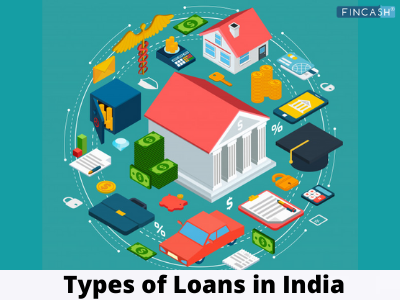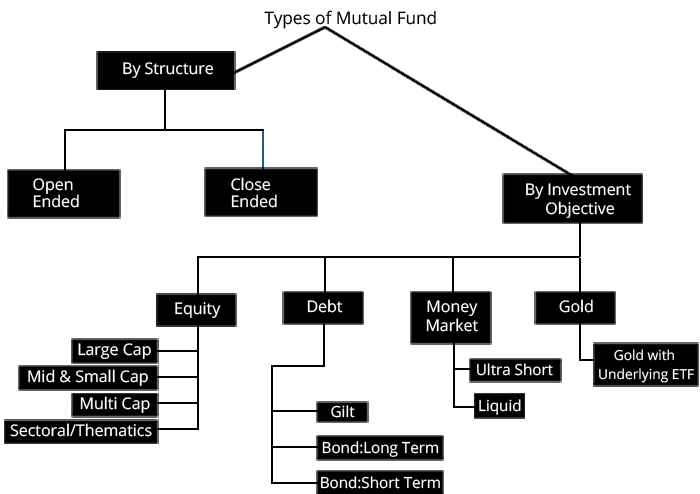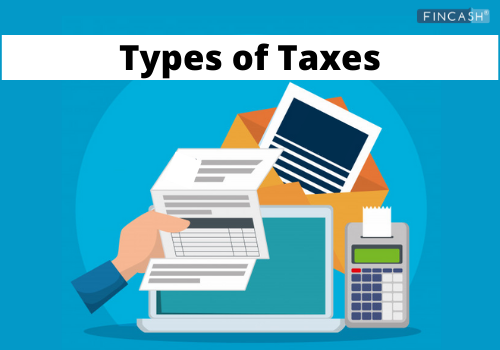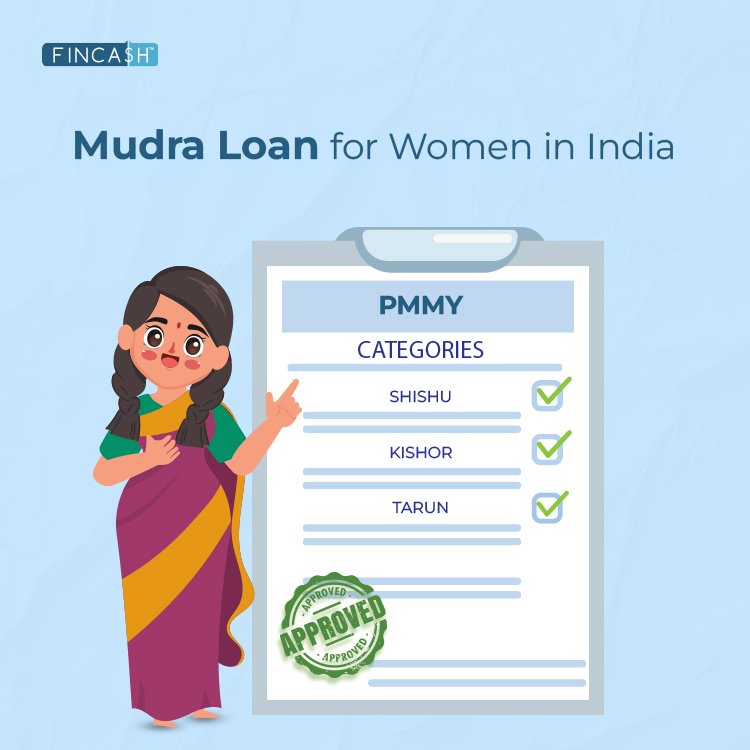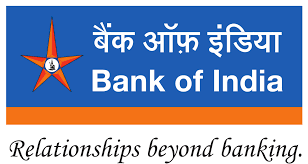Types of Mortgage Loan in India
A mortgage is a way to use a property as a guarantee for a loan. The Collateral for the mortgage is the home itself. This type of loan helps borrowers to purchase a home of their dreams.

In this loan, if a borrower fails to make monthly EMI payment and defaults on the loan, then the Bank has the rights to sell the home and recoup the money. Read on to understand the types of mortgages in India, along with current mortgage interest rates.
Types of Mortgage Loans in India
1. Fixed-Rate Mortgage Loan
It is a common type of loan where the interest rates may change over time. The loan charges the same interest rate throughout the term. A fixed-rate mortgage is usually considered for financing home or commercial property.
2. Simple Mortgage Loan
It is a type of mortgage loan where the calculation of interest is done on a daily basis, unlike other mortgages where the interest calculation happens on a monthly basis or are fixed until the tenure.
Under this mortgage, a daily interest charge is calculated by dividing the interest rate by 365 days and is then divided by the outstanding mortgage balance. The total number of days counted in simple interest mortgage calculation is more than a traditional mortgage calculation. Usually, the interest paid on this loan is slightly larger than other mortgages.
Talk to our investment specialist
3. Usufructuary Mortgage Loan
The mortgagor delivers the property and rights of the mortgaged property to the mortgage. It retains such possession until the payment of the mortgage is done. The mortgagor is allowed to receive the rents and profits coming from the property.
In simple words, the mortgagor has the right to sell the property to the lender of the loan. This enables the mortgagor to receive an income which can be adjusted with the principal amount and the interest amount of the mortgage loan.
4. Subprime or Sub Mortgage Loan
A subprime mortgage loan is for people with a low credit score. Since the borrowers have Bad Credit, the lender often charges higher interest rates. The rate under the subprime mortgage can be increased at a specified point in time.
In short, the interest rate applicable on a subprime mortgage relies on the four main factors such as - credit score, the size of the down payment, number of late payments on a borrower’s Credit Report and types of delinquency found in the report.
5. English Mortgage
Under English mortgage, the borrower agrees to transfer the property to the lender when the borrower is unable to repay the loan. Although, if the borrower has paid a full amount, then the property is again transferred back to the borrower.
English mortgage is a type of mortgage where the ownership is given to the mortgagor by putting a condition that the mortgagor will transfer the ownership after the repayment of the loan.
6. Adjustable-Rate Mortgage Loan
Here the rate of interest is fixed for an initial period of the loan. Subsequently, it alters to a lower interest rate, which mainly relies on the performance of the economy. Banks offer a discount rate of interest for the initial period, but charges with a higher processing fee for the same. The fixed interest rate for the initial period gives higher loan liability certainty to the customers for the initial period of the mortgage loan.
Mortgage Loan Interest Rates Offered by Various Banks 2026
The mortgage loan interest rate differs from bank to bank, and it is also based on the type of mortgage loan.
Here’s the list of interest rates offered by top banks in India -
| Lender | Interest Rate (p.a.) | Loan Amount | Loan Tenure |
|---|---|---|---|
| Axis Bank | 10.50% onwards | Up to Rs. 5 crore | Up to 20 years |
| Citi Bank | 8.15% onwards | Up to Rs. 5 crore | Up to 15 years |
| HDFC Bank | 8.75% onwards | Up to 60% of the mortgaged property’s market value | Up to 15 years |
| ICICI Bank | 9.40% onwards | Up to Rs. 5 crore | Up to 15 years |
| State Bank of India (SBI) | 1.60% above 1-year MCLR rate to 2.50% above 1-year MCLR rate | Up to Rs. 7.5 crore | Up to 15 years |
| HSBC Bank | 8.80% onwards | Up to Rs. 10 crore | Up to 15 years |
| PNB Housing Finance | 9.80% onwards | Up to 60% of the property’s market value | Up to 15 years |
| IDFC Bank | Up to 11.80% | Up to Rs. 5 crore | Up to 15 years |
| Karur Vysya Bank | 10% onwards | Up to Rs. 3 crore | Up to 100 months |
| Union Bank of India | 9.80% onwards | Up to Rs. 10 crore | Up to 12 years |
| IDBI Bank | 10.20% onwards | Up to Rs. 10 crore | Up to 15 years |
| Oriental Bank of Commerce | 10.95% onwards10.95% onwards | Up to Rs. 10 crore | Up to 15 years |
| Federal Bank | 10.10% onwards | Up to Rs. 5 crore | Up to 15 years |
| Corporation Bank | 10.85% onwards | Up to Rs. 5 crore | Up to 10 years |
Benefits of Mortgage Loan
Under the mortgage, you can avail the following features and benefits-
- Mortgage loans attract lower interest rates as compared to other loans
- You can avail this loan for a longer tenure
- You can access to higher funds of loan
- Self-employed individuals get modified options
- Residential and commercial properties are accepted as a collateral
- Funds received from a mortgage loan can be used for business or personal needs
- Easy and hassle-free documentation process
- Mortgages are considered as a cost-effective way of borrowing money. You can repay with the loan with smaller EMIs
- You can get mortgage under-construction property, fully constructed property, freehold residential property and commercial property
- The loan can be applied before you select the property
- Under mortgage loan, you get various interest rate options such as - floating rates, fixed interest rates, adjustable-rate mortgage.
All efforts have been made to ensure the information provided here is accurate. However, no guarantees are made regarding correctness of data. Please verify with scheme information document before making any investment.
